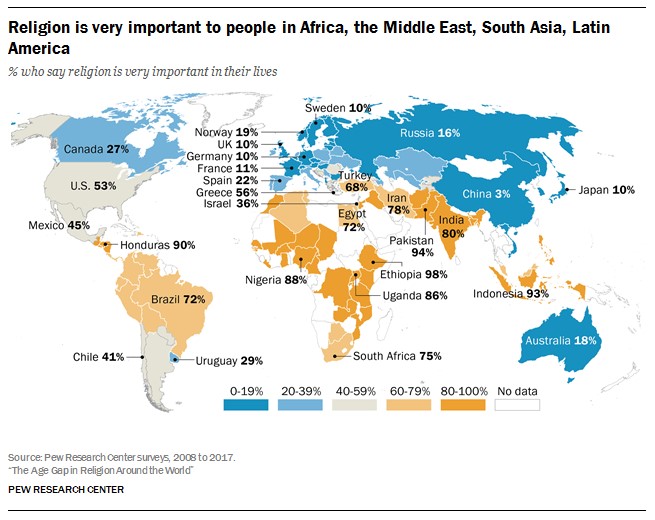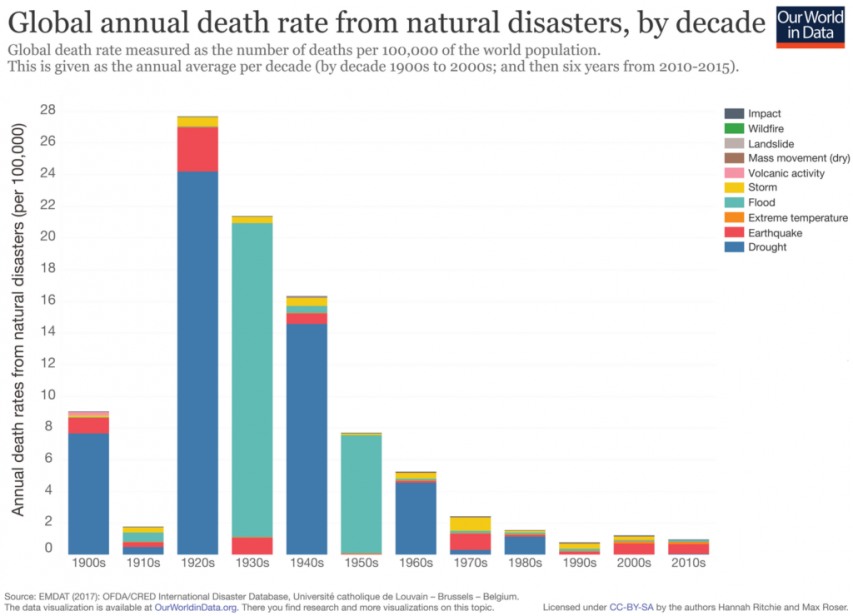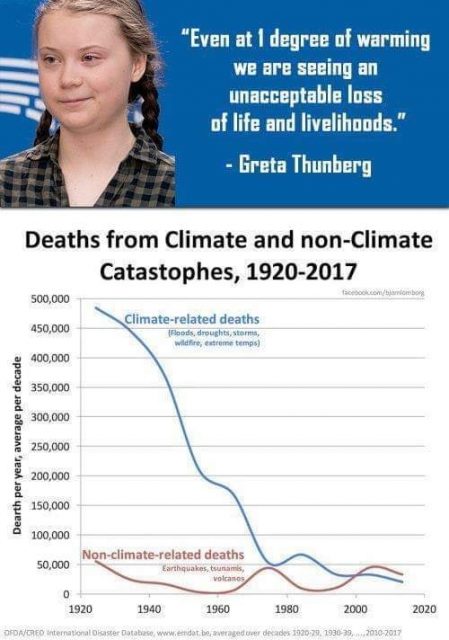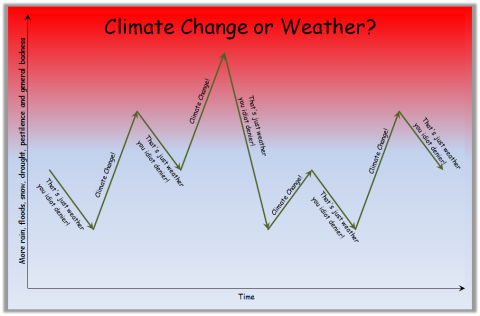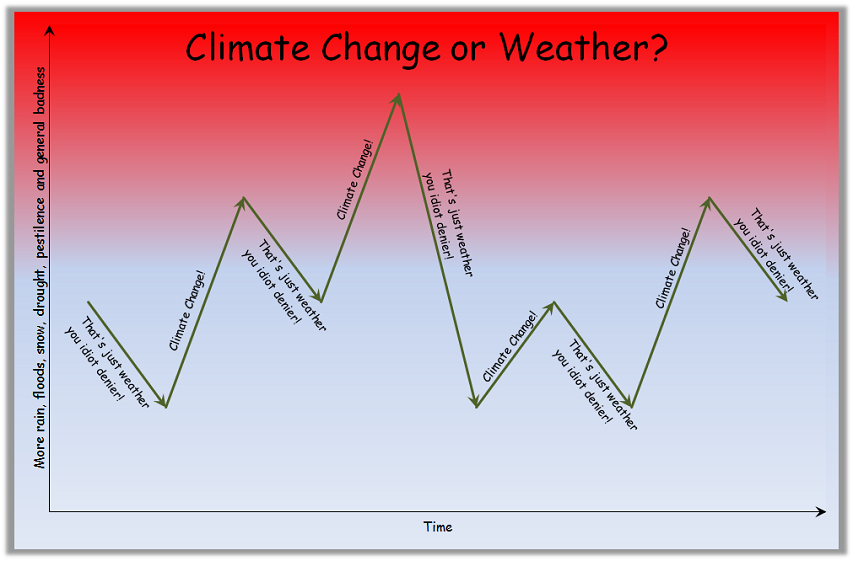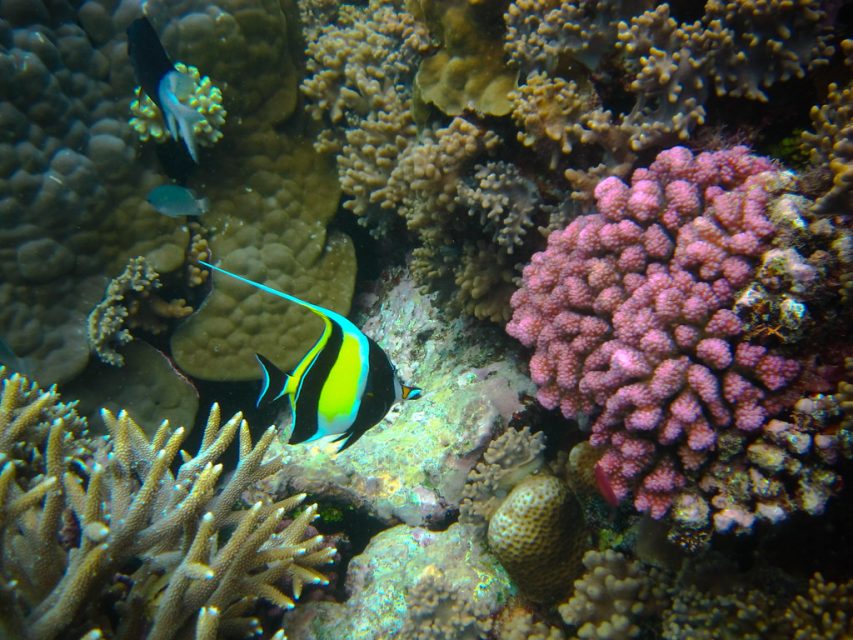Arthur Chrenkoff found another report on the inverse relationship between development and religious belief:
A few weeks ago I wrote a longish blog post arguing that for many people in the developed world environmentalism has become a religion, filling up the gap in spirituality left by the decline of Christianity. I don’t claim any originality or new insight in this observation; it has been noted many times before, including by my friend, former artilleryman and now man of God, Rev Donald Sensing, and it has made an appearance quite a few times subsequent to my piece, a propos Greta Thunberg’s performance at the United Nations and the reaction it inspired around the (developed) world.
Today, I chanced upon another interesting analysis by Pew Research Center, about religious belief and commitment around the world. Results are not surprising but are nevertheless interesting, including this world map:
Unfortunately, Pew does not provide additional data on those for whom religion might be “important” or “somewhat important” so as to paint a slightly fuller picture of religious sentiment, but the results illustrated above are probably quite indicative. The developed world is well and truly secular now, with the United States and Greece being the only outliers (and by a long mile), while most of the developing world (with the notable exception of China after seven decades of communism) remains extremely religious. Thus, Pew notes that “if current trends continue, countries with high levels of religious affiliation will grow fastest. The same is true for levels of religious commitment: The fastest population growth appears to be occurring in countries where many people say religion is very important in their lives.”
As the main topic of this Pew study is the age gap in religious faith around the world, it should be noted that the younger generations in the developed world are even less religious than their elders, often significantly less, putting the already low rates across the West in an even starker perspective (by contrast, throughout most of the developing world, there is little, if any, gap in religious commitment between the young and the old).

